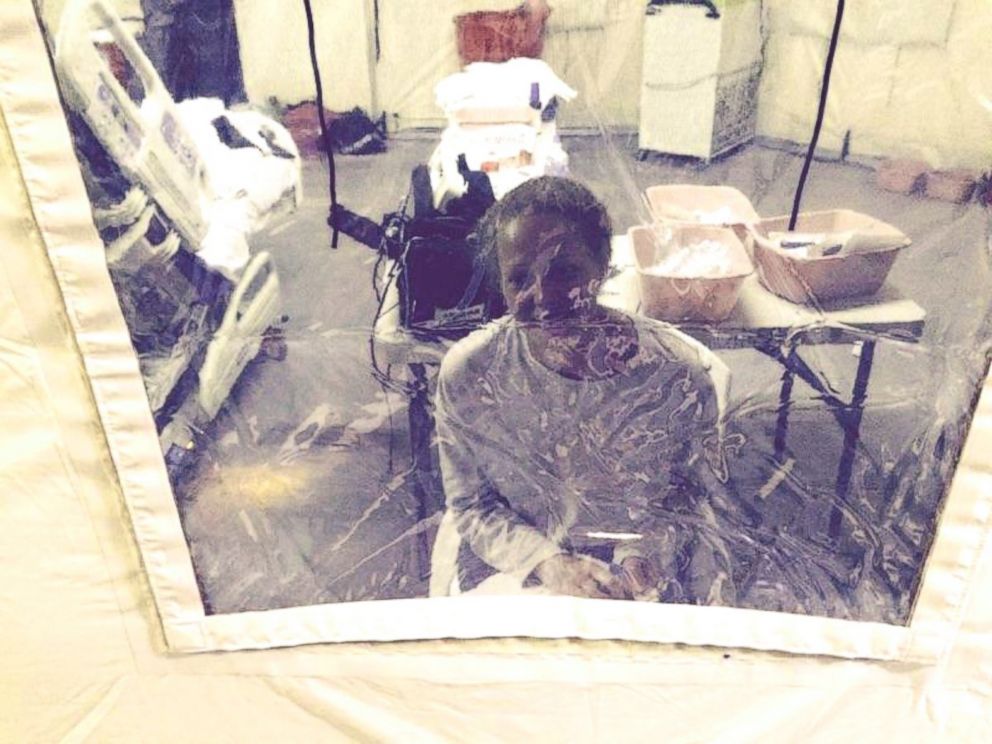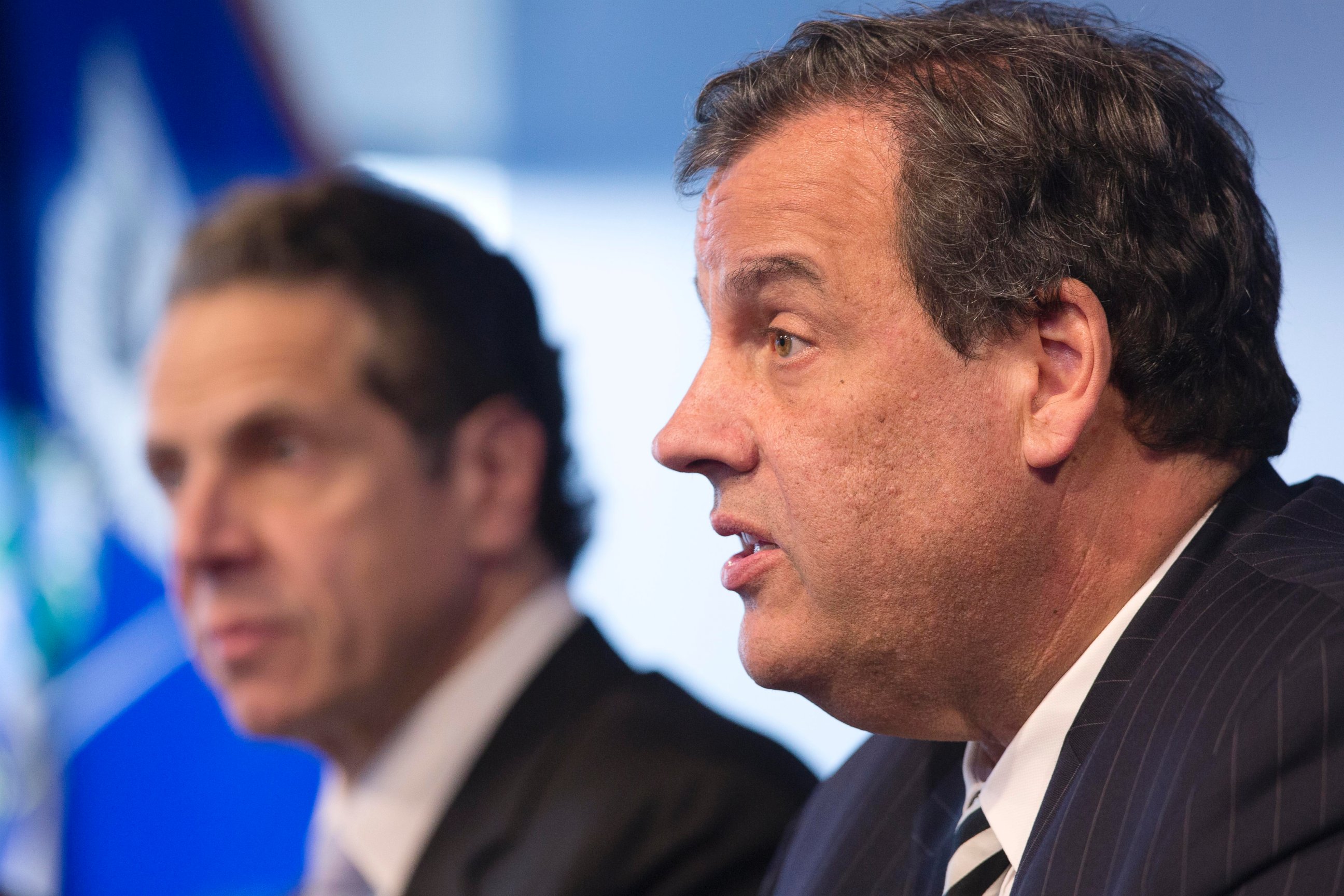Kaci Hickox Won't Follow Maine Ebola Quarantine Rule, Lawyer Says
Kaci Hickox says she has no Ebola symptoms and is no risk to others.
— -- Kaci Hickox, the nurse who was quarantined at a New Jersey hospital despite exhibiting no Ebola symptoms after arriving from West Africa, won't follow the quarantine imposed by Maine officials, her attorney said tonight.
"Going forward she does not intend to abide by the quarantine imposed by Maine officials because she is not a risk to others," her attorney Steven Hyman said. "She is asymptomatic and under all the protocols cannot be deemed a medical risk of being contagious to anyone."
Hickox will abide by all the self-monitoring requirements of the Centers for Disease Control and Prevention and the state of Maine, Hyman said.
Maine requires that health care workers such as Hickox who return to the state from West Africa will remain under a 21-day home quarantine, with their condition actively monitored, Gov. Paul R. LePage said in a statement.
"We will help make sure the health care worker has everything to make this time as comfortable as possible," he said.
Hickox left University Hospital in Newark Monday afternoon and was taken to Maine, where she lives.
Hickox, 29, was the first person forced into New Jersey's mandatory quarantine after arriving at Newark Liberty International Airport Friday. She had previously treated Ebola patients in Sierra Leone for Doctors Without Borders, but never registered a fever, leaving no medical reason to keep her quarantined, another of her attorneys, Norman Siegel told ABC News.
She was held in a tent structure outside of University Hospital.

"Her civil rights were violated," Siegel said. "At a minimum, she could bring an action for damages. But I think her goal is to try to revise the current policies with regard to, for example, mandatory quarantines."
Siegel criticized New Jersey and New York governors Chris Christie and Andrew Cuomo for enacting quarantine policies, despite criticisms from the Obama administration and medical experts that the measures were unnecessary.
"When you look at what happened and how it happened, you come away with the sense that this policy was based on fear and politics rather on medical fact, and we can't have the politicians directing these kinds of important issues," Siegel said.

Dr. Anthony Fauci, director of the National Institute of Allergy and Infectious Diseases, said that the federal government has established Ebola guidelines that are "based on solid science," but he declined to classify states' quarantine efforts as a mistake.
"I don't want to use the word mistake because I think when people do things, the governor of New York, the governor of New Jersey, they're doing it in good faith to try and do what they feel is the best for their constituents," Fauci said in an interview with "Good Morning America." "What we're trying to do is set the bar that's based on scientific data, but that's not to criticize or to put down a decision that an official might make wanting to go the extra mile. That's just judgment on their part."




